Polybutylene Pipe
Polybutylene plastic pipe
was commonly installed in mobile homes and low-budget housing, mainly during
the 1970s and '80s. As you've learned from your neighbors' experience,
polybutylene pipe is prone to leakage. This can occur as slow seepage at loose
fittings, or as major outpouring from broken lines. A water pipe may simply
rupture, causing a torrent to spew wildly within a wall or inside the attic.
Surprise leaks can attack at any time or not at all. Polybutylene can waken you
with a collapsing ceiling in the middle of the night, or merely worry you over
an expected leak that never happens. It's totally unpredictable.
Rarely do sellers pay to
re-pipe a home simply for the sake of marketing, but for some people this may
be a serious option, particularly if real estate sales are slow. Your primary
responsibility as a seller is to disclose all known conditions that might
concern buyers, including the potential for leaky pipes. If you choose to
re-pipe, that's OK, but keep in mind that many buyers are willing to assume
risks that are fully disclosed. Some might insist on a re-pipe or ask for a
price reduction on the property. A few, however, might withdraw their purchase
offer entirely. On the other hand, you might find a buyer who was planning to
remodel the home anyway, in which case major improvements now would be a wasted
investment.
In the final analysis, there
is no single decision that fits all situations. Re-pipe if you prefer, but if
not, be sure to fully inform buyers of the inherent risks of polybutylene pipe.
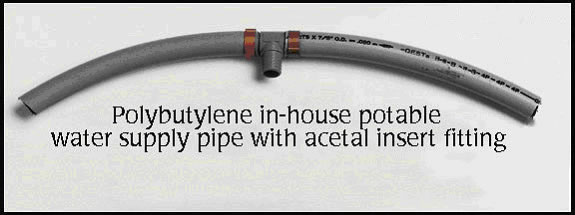
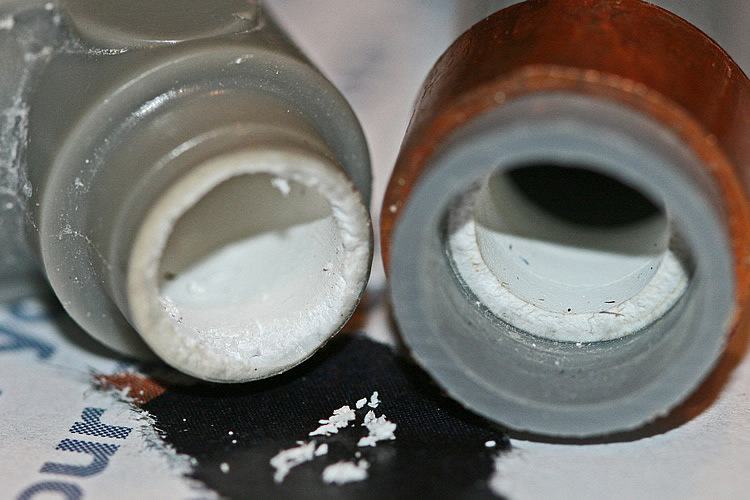



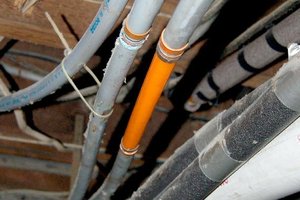
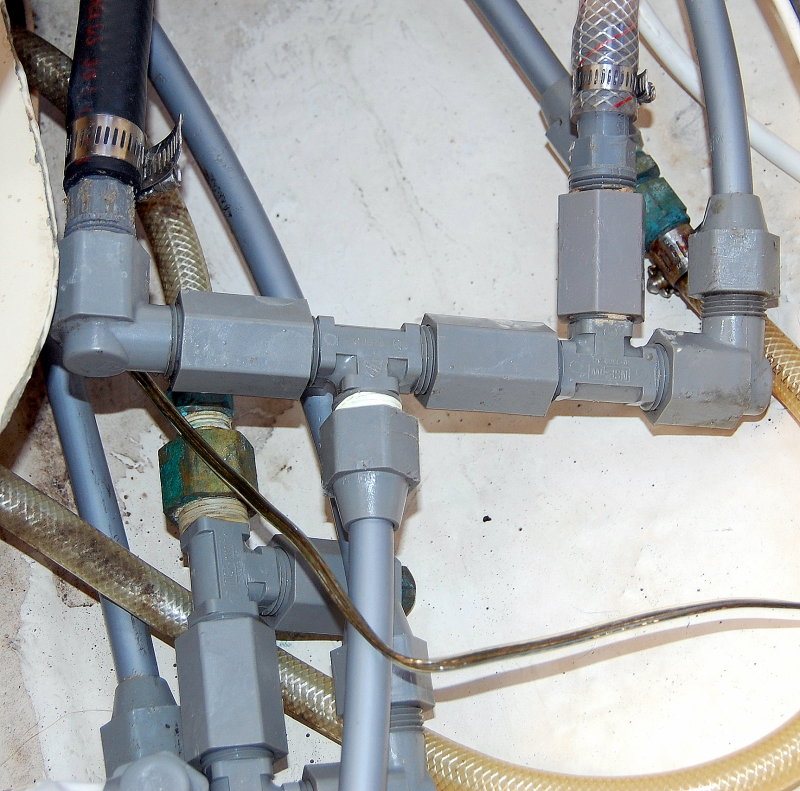



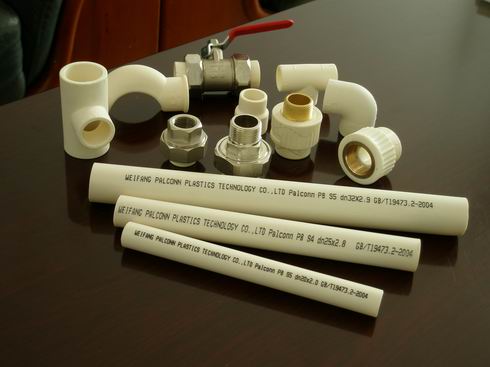




No comments:
Post a Comment